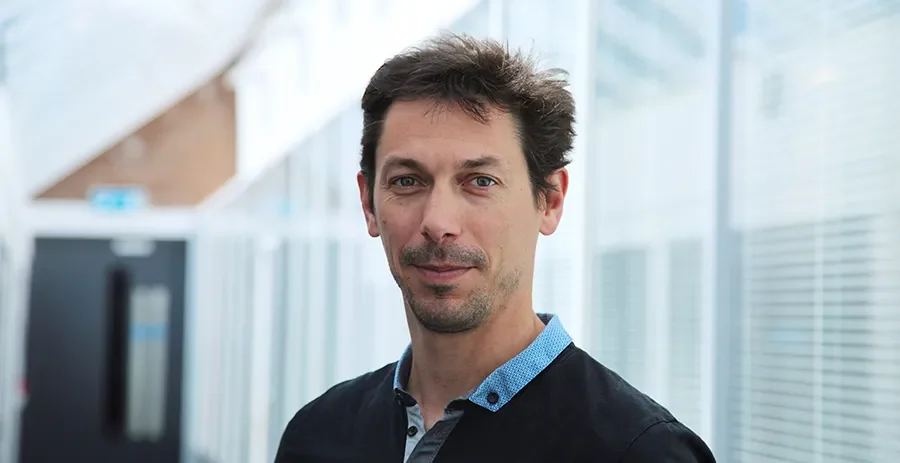

Tackling movement skills for wellbeing
This week's Spotlight on Research is with Dr Johann Issartel Lecturer, DCU School of Health and Human Performance
What’s your area of research?
"I work on the links between people’s movement and their wellbeing. I analyse how people co-ordinate and carry out ‘gross motor’ movements using large muscle groups, like running, jumping and skipping, and also fine motor controls, like writing and drawing, and I look at how this affects what they do on a day-to-day basis.
The area is really at the interface of biomechanics and psychology and neuroscience."
How can motor control link to our health and wellbeing?
"This can start very young. When we are children we learn to do lots of different types of movements, and developing those motor skills means we have confidence in our abilities to do them.
So think about a child being able to run and jump and ride a bike, and being able to tie shoelaces and write words in school.
Mastering these skills builds their confidence in engaging in play and sports, they develop better spatial awareness and they are able to better learn in school.
If children don’t master these skills and progress as they get older, they can lose confidence or not gain enough confidence.
So maybe they become less active physically and miss out on social engagement and fall behind in school, as there is a direct link between academic achievement and physical activity participation."
What have you been finding in your studies of motor control in schools in Ireland?
"We previously did a study in DCU called Y-PATH, which found that 99.5% of 12-13 year olds did not achieve the level of movement proficiency expected for their age.
That study led to an intervention to target those skills in schools and improve them. So far we are finding that by adolescence, around 12% of the children don’t have the basic skill of running, and only 10% can skip properly.
More recently we have started a project with 3,000 primary school children all around Ireland aged 4-12 called ‘Moving Well-Being Well’, where again we are analysing their motor skills and many other parameters (such as physical activity, fitness, neurocognitive functions, etc…) to establish a profile of children physical literacy.”
How do you feel about the relatively low levels of motor control in children and adolescents here?
"It is heartbreaking to see it, particularly because we can see it affects confidence and overall engagement in physical activity. Why would you engage in a sport or be active if you know you are not competent?
It is important though that you can improve even in adolescence, it’s not too late to intervene."
How are you looking to intervene?
"When we have analysed the results of what we find in our research, we will identify the motor skills that need more targeting. We are working with the GAA to assess the school children and to train up the GAA contacts around the country to deliver an intervention programme in schools. We could not do this kind of research or life-changing intervention without the GAA, they are part of communities all over Ireland, so working with them means the research can have a national and sustainable impact."
You also do lab work on obesity and motor control, what is that about?
"This is work I do in the lab, it is more fundamental or ‘blue-sky’ research that looks at the links between obesity and motor control, and how the brain integrates sensory signals from the eyes and ears. Again with obesity if there is a lack of competence in these functions it can affect daily life and can make it harder to be physically active."
What’s the most challenging thing about being a researcher?
"I think it is getting the funding in to maintain the knowledge and the excellence that we have built up. Keeping that funding in so that people can stay and work on projects and develop them is very time consuming, I think that is a problem for everyone in research."
And what do you enjoy most about your research?
"I really like that I can do the more fundamental lab work and also more population-based work that has a direct impact on a community.
You need both in parallel I think, and I enjoy that I have the chance to do that. Also I love being in a university environment where you are teaching our postgraduates to become future leading researchers themselves."
